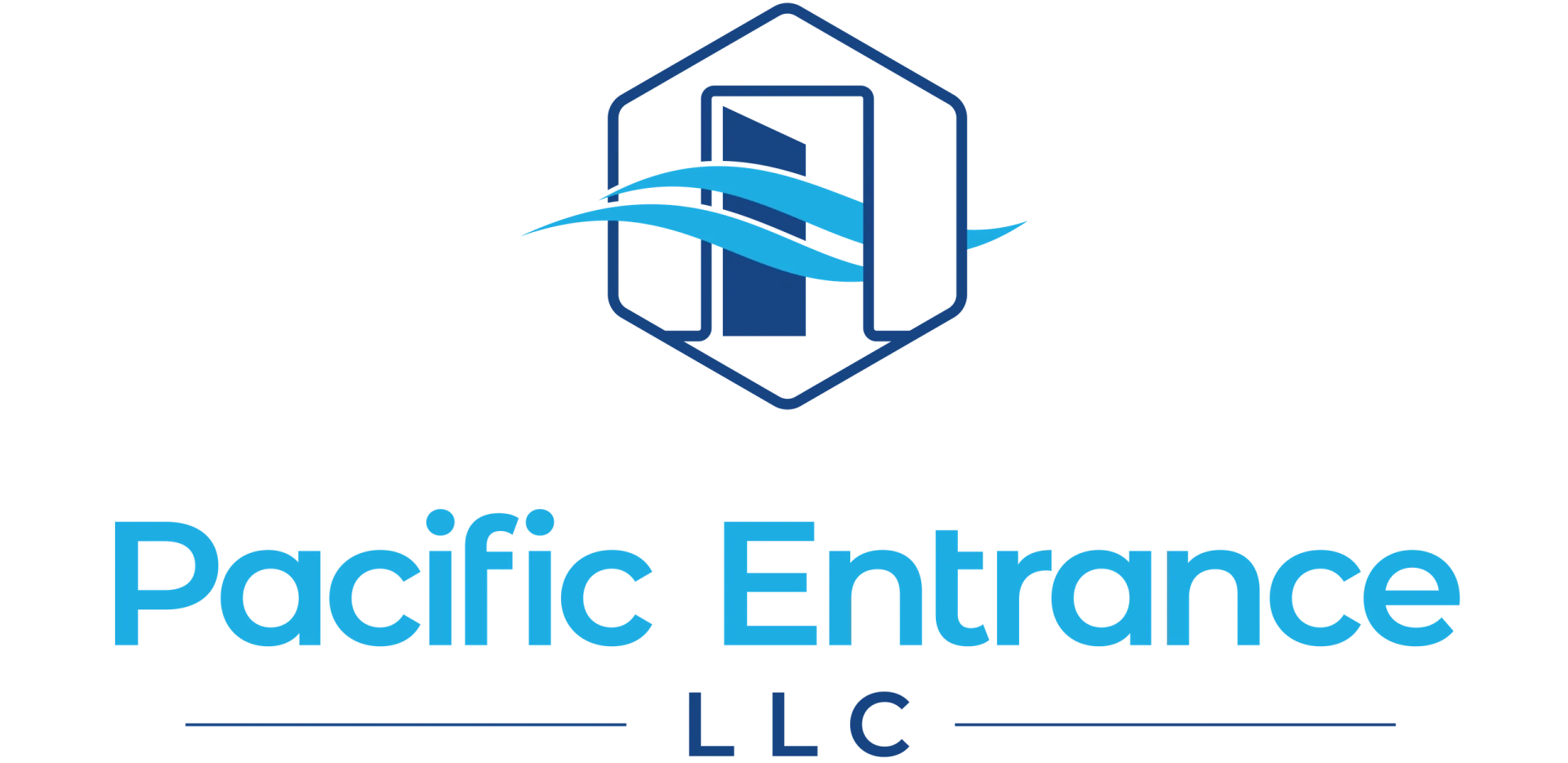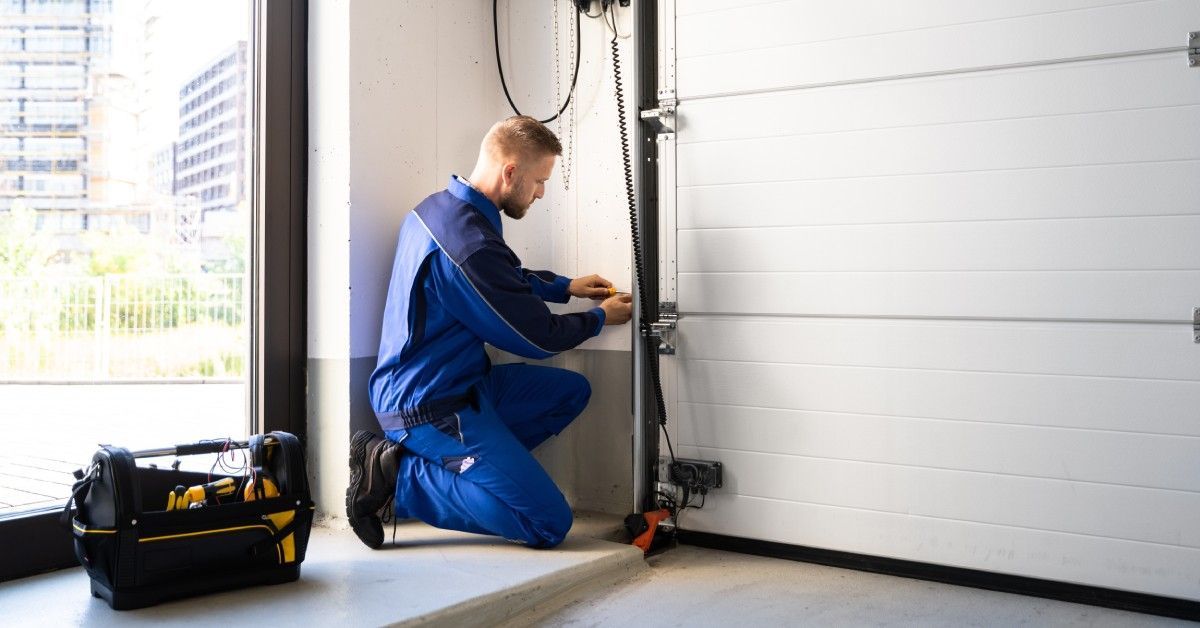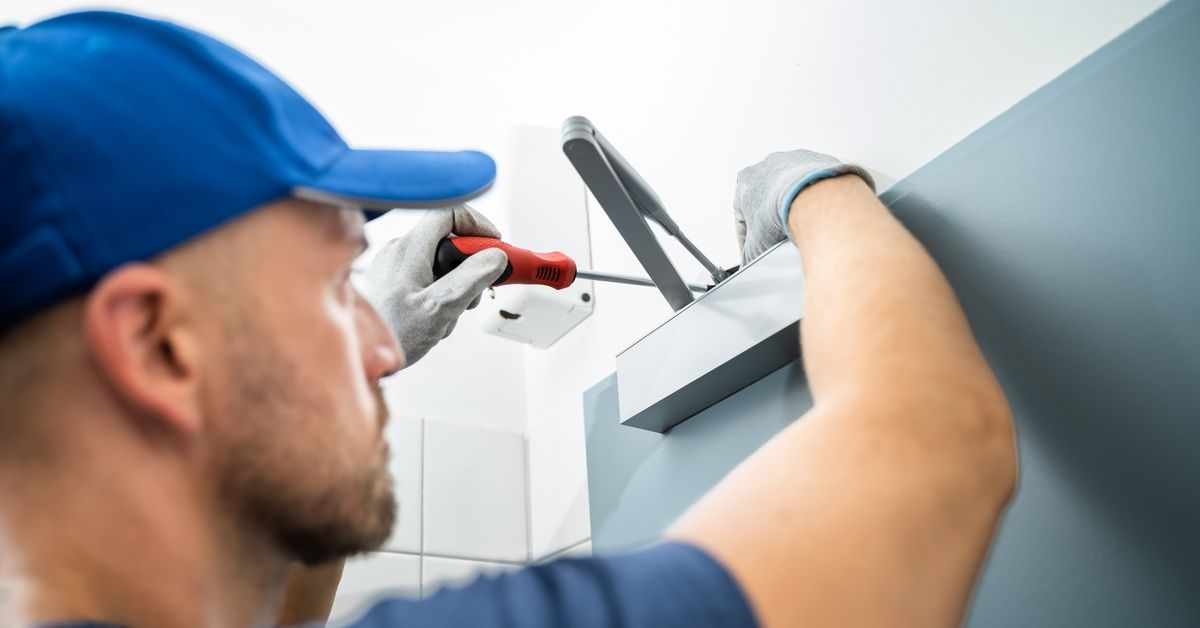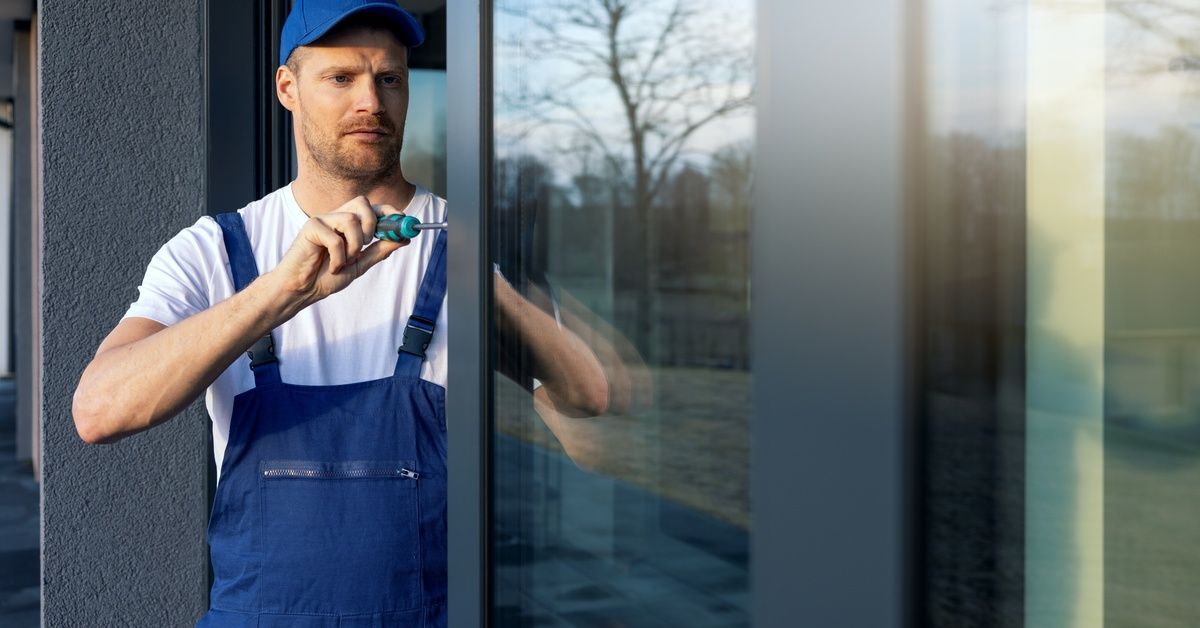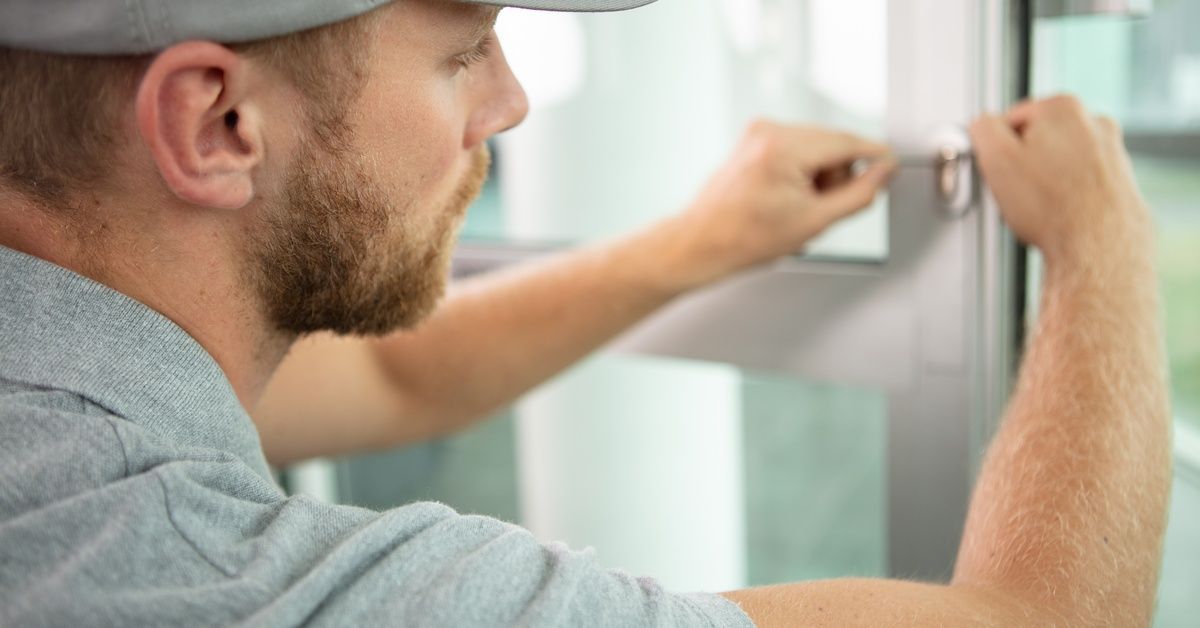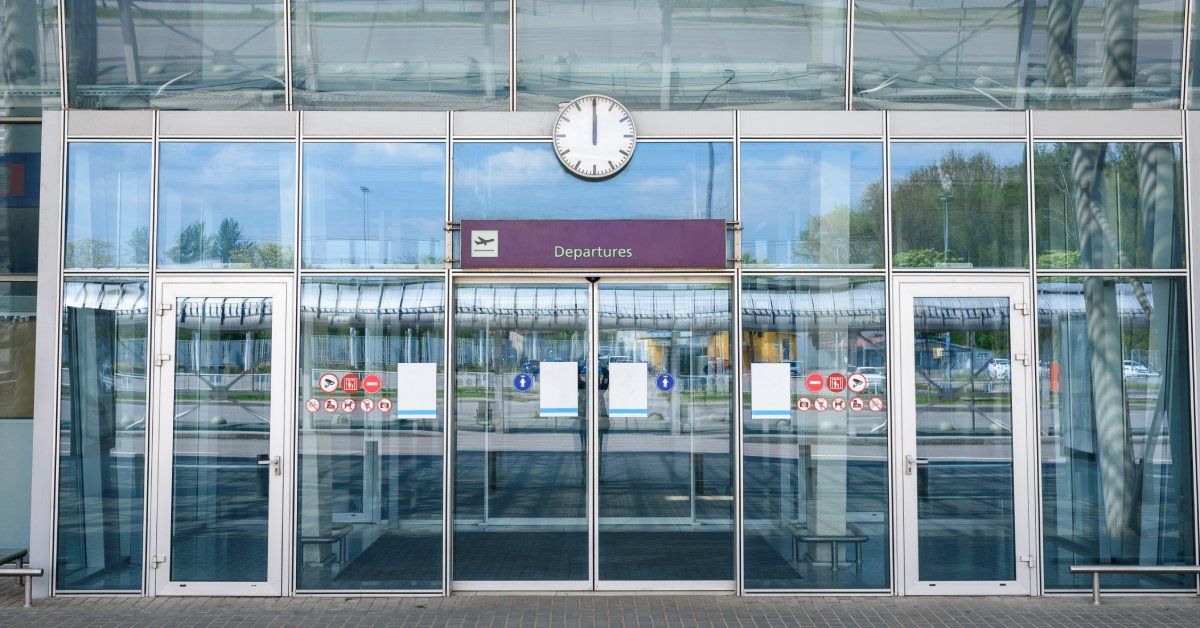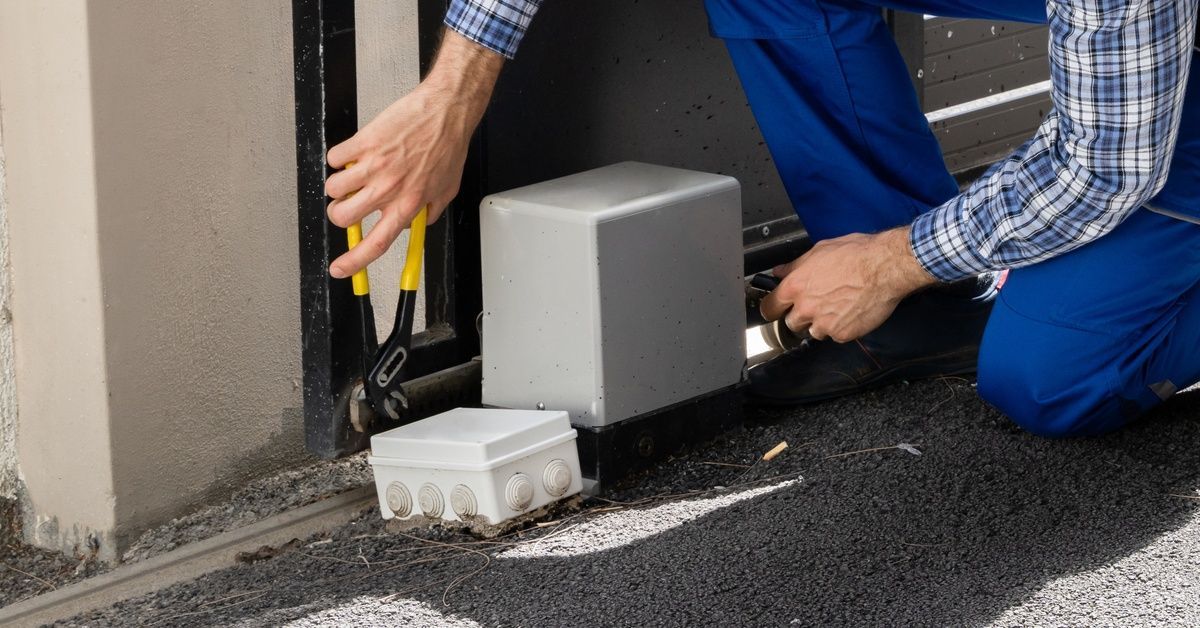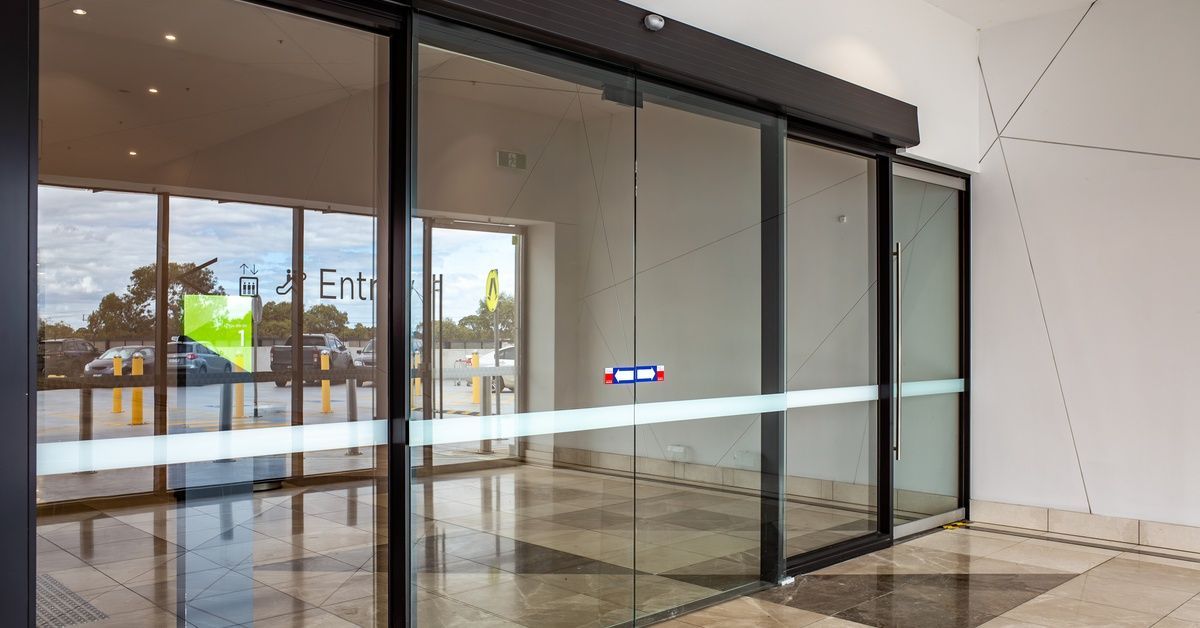5 Ways Technology Is Improving the Automatic Door Industry
The automatic door industry has experienced significant advancements thanks to technological innovation. For building owners and maintenance managers, these improvements mean better efficiency, enhanced security, and reduced operational costs. Here are five ways technology is improving the automatic door industry, highlighting how modern solutions are shaping a smarter and more efficient future.
Radar, Laser, and Vision-Based Sensors Offer Better Accuracy
Radar, laser, and vision-based sensors have revolutionized automatic doors by providing superior accuracy and reliability. Traditional motion sensors often struggled with false triggers and missed detections.
In contrast, modern sensors utilize advanced technologies to precisely detect movement and differentiate between humans, objects, and animals. This precision ensures that automatic doors operate seamlessly, reducing unnecessary openings and conserving energy. These sensors also enhance safety by minimizing the risk of accidental closures.
Advanced Sensors and Algorithms Improve Energy Conservation
Energy conservation has become a crucial consideration for building owners and maintenance managers. Advanced sensors and algorithms now play a pivotal role in making automatic sliding doors more sustainable.
By accurately detecting when a door needs to open and close, these systems minimize the time doors remain open, reducing heat loss in the winter and heat gain in the summer. Sophisticated algorithms analyze traffic patterns and adjust door operation, optimizing energy usage without compromising convenience.
Biometric Access Control Offers Advanced Protection
Security is a top priority in any building, and biometric access control systems have emerged as a powerful tool for enhancing protection. These systems use unique biological traits, such as fingerprints, facial recognition, and iris scans, to grant access.
Unlike traditional key cards or PIN codes, biometric data is nearly impossible to replicate, providing an additional layer of security. This technology ensures that authorized personnel can access certain areas and track and monitor access logs for better accountability.
Noise Reduction Technology Has Become Standard
The automatic door industry has made significant strides in noise reduction technology, which is now an industry standard. Building owners and maintenance managers appreciate the quieter operation of modern automatic doors, as it contributes to a more pleasant environment.
Noise reduction mechanisms include improved motor designs, soundproofing materials, and sophisticated door movement algorithms. These advancements enhance the user’s experience and reduce noise pollution in busy commercial spaces.
IoT Platforms and Cloud Software Offer Remote Access and Diagnostics
The integration of IoT platforms and cloud-based software has brought unprecedented convenience and control to the automatic door industry. Maintenance managers can now monitor and manage door systems remotely, receiving real-time updates and alerts about potential issues.
This remote access capability allows for quick diagnostics and troubleshooting, reducing downtime and maintenance costs. Furthermore, you can analyze data collected from door operations to predict maintenance needs, ensuring that doors remain in optimal condition.
Technology is improving the automatic door industry in numerous ways, from enhanced accuracy and reliability with radar, laser, and vision-based sensors to the advanced protection of biometric access control systems. These features benefit building owners and maintenance managers by maintaining the seamless operation of sliding commercial doors in various settings.
As technology evolves and grows, the automatic door industry is poised for even greater innovations, driving efficiency, security, and convenience to new heights. Contact Pacific Entrance today to maintain your innovative edge and upgrade your commercial doors with modern features.
